Building Resilient Communities Through Local Leadership
Municipalities play a critical role in preparing for, responding to, and recovering from disasters. UConn Extension, through the Extension Disaster Education Network (EDEN), partners with local governments, emergency managers, planners, and community leaders to strengthen resilience across Connecticut’s towns and cities.
We provide science-based resources, training, and technical assistance to help municipalities address a wide range of hazards—from flooding and severe storms to public health emergencies and infrastructure disruptions. Our goal is to support informed decision-making, foster collaboration, and build capacity at the local level to protect residents, property, and natural resources.
Explore our tools and guidance to help your community plan ahead and bounce back stronger or contact one of our team members for more information.
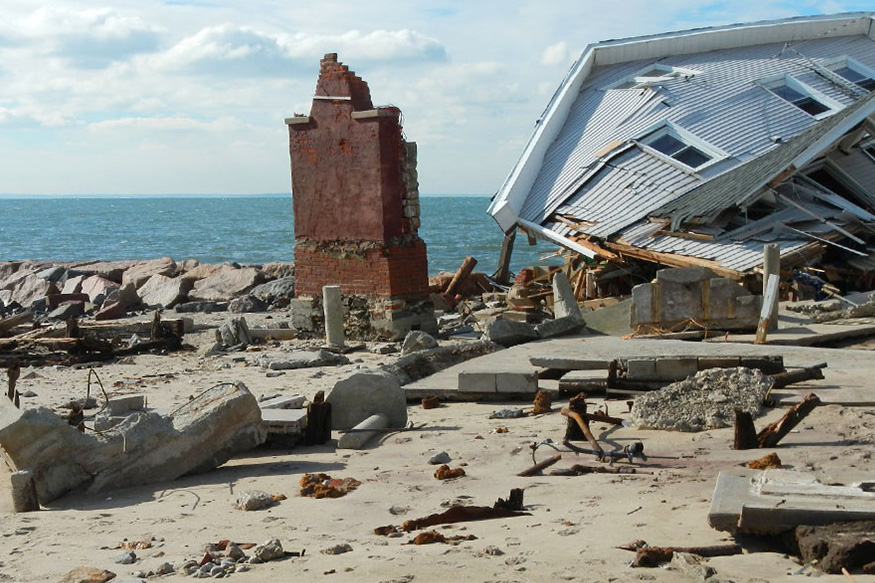
Adapt CT
Adapt CT is an outreach partnership between Connecticut Sea Grant and The Center for Land Use Education & Research (CLEAR) working to provide information, tools, trainings & workshop opportunities to assist municipalities, businesses & residents of Connecticut in their efforts to prepare for & adapt to the impacts of a changing climate. Drawing on expertise from faculty within multiple departments at UConn and other universities, municipal officials, consultants, and lawyers, we strive to share the most recent information and research that communities need to make decisions on how to best adapt to the climate change impacts facing Connecticut.

Connecticut Institute of Water Resources
The Connecticut Institute of Water Resources (CTIWR) at UConn provides resources to help homeowners and municipalities prepare for and respond to water-related emergencies. Through tools like drought monitoring, streamflow tracking, and well water testing workshops, CTIWR equips communities with the knowledge to make informed decisions about water use, safety, and conservation. Their outreach includes fact sheets, training, and guidance designed to reduce risks and build resilience to climate-related events such as flooding and drought.
Visit the Connecticut Institute of Water Resources website for more information.
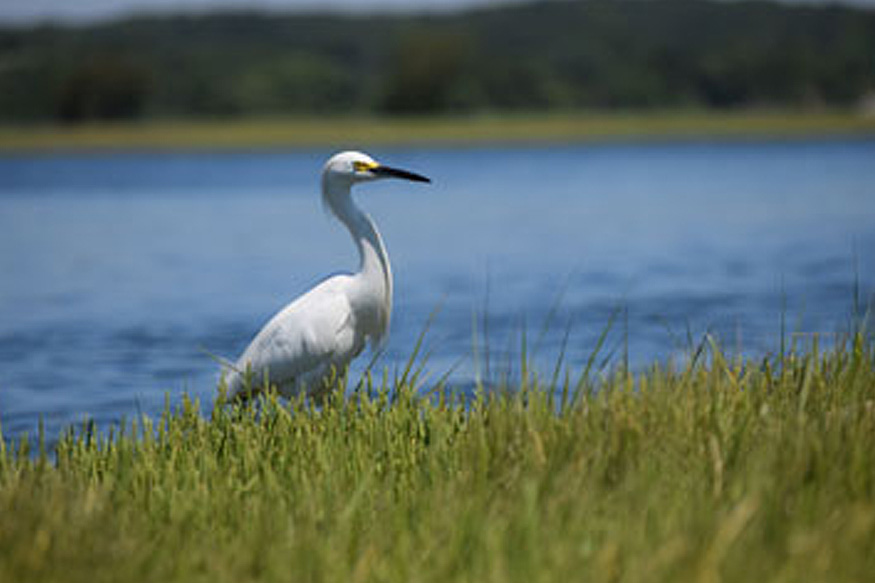
Healthy Coastal Ecosystems
Healthy Coastal Ecosystems is another preventative action from our Connecticut Sea Grant and UConn Extension educators that supports management efforts to conserve and protect ecosystems, habitats and living resources within Connecticut and the northeastern United States.
Visit the Connecticut Sea Grant website for more information.
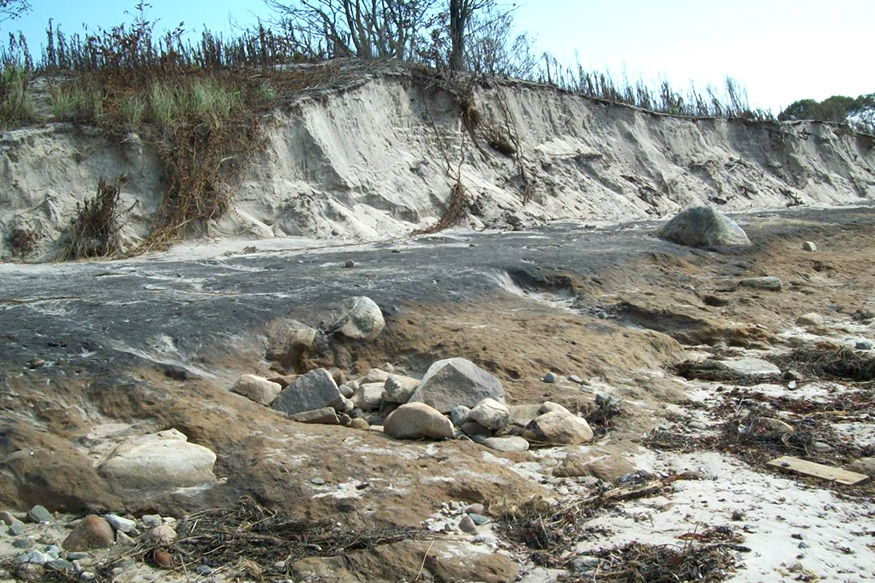
Sustainable and Resilient Communities
Connecticut Sea Grant's Programs for Sustainable and Resilient Communities help communities respond to their specific needs and is part of our Long Island Sound Study partnership. The Long Island Sound Resilience Resource Hub has resources, case studies, funding opportunities, and trainings.
Visit the Connecticut Sea Grant's Programs for Sustainable and Resilient Communities website.
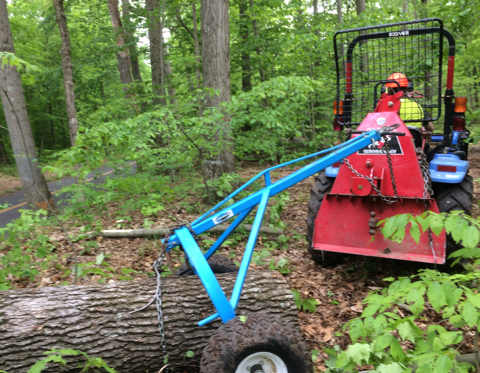
Stormwise Forest Managment
The Stormwise program at the University of Connecticut, led through the Eversource Energy Center, is a forest and roadside vegetation management initiative designed to reduce the risk of tree‑related storm damage to power lines and grid infrastructure. It combines ecological research (e.g. wind resilience, tree biomechanics, remote sensing) with social outreach and practical guidance—working closely with utility companies, municipalities, landowners, and communities—to promote long‑term forest and tree care practices that increase resilience to storms while maintaining the aesthetic appeal of New England’s landscapes.
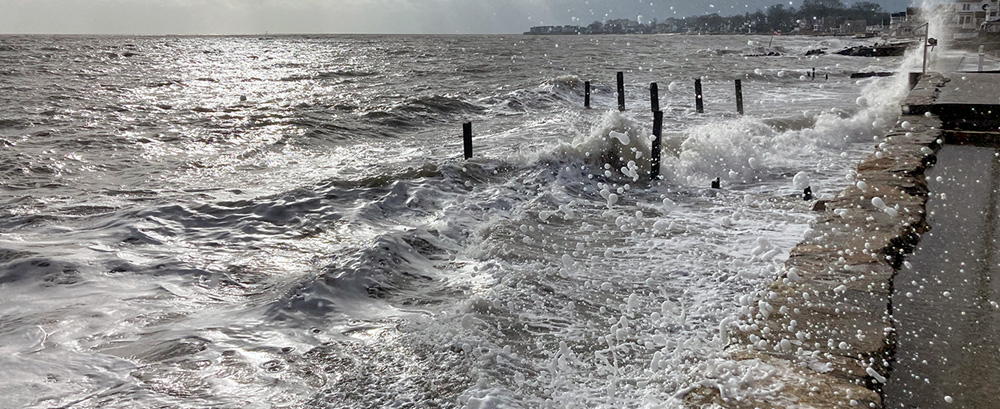
Reducing Flood Risk in our Communities
Severe rain events and flooding in our municipalities and communities is becoming more common. Flood risk reduction involves adapting infrastructure and land use to increasing flood frequency and intensity along with mitigating human impacts on climate change. While strategies must be place specific, this fact sheet provides starting point guidance on how different stakeholders in Connecticut’s land and infrastructure can contribute to reducing floods.

Brush Fires in Connecticut: Be Aware, Be Prepared
In many parts of Connecticut stretches of warm, breezy weather with little rainfall can be the norm. While these conditions may seem typical and easy to take for granted in daily routines, they can become especially concerning during the spring season (before leaves have fully emerged), as well as during the autumn months (as dry leaves fall and accumulate). Drying leaves create a blanket of combustible material across landscapes. The combination of dry fuels and windy conditions increases the risk of forest and brush fires in both rural and suburban areas. Similar dry conditions are uncommon but possible during other months and can also lead to brush fires.
Coastal Resiliency
Resources
- Overview of Climate Change Adaptation in Connecticut
- Coastal storm preparedness and Coastal storm surge/flooding